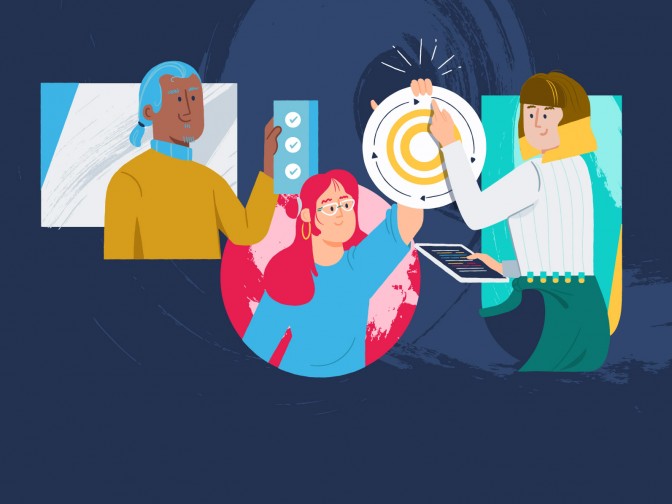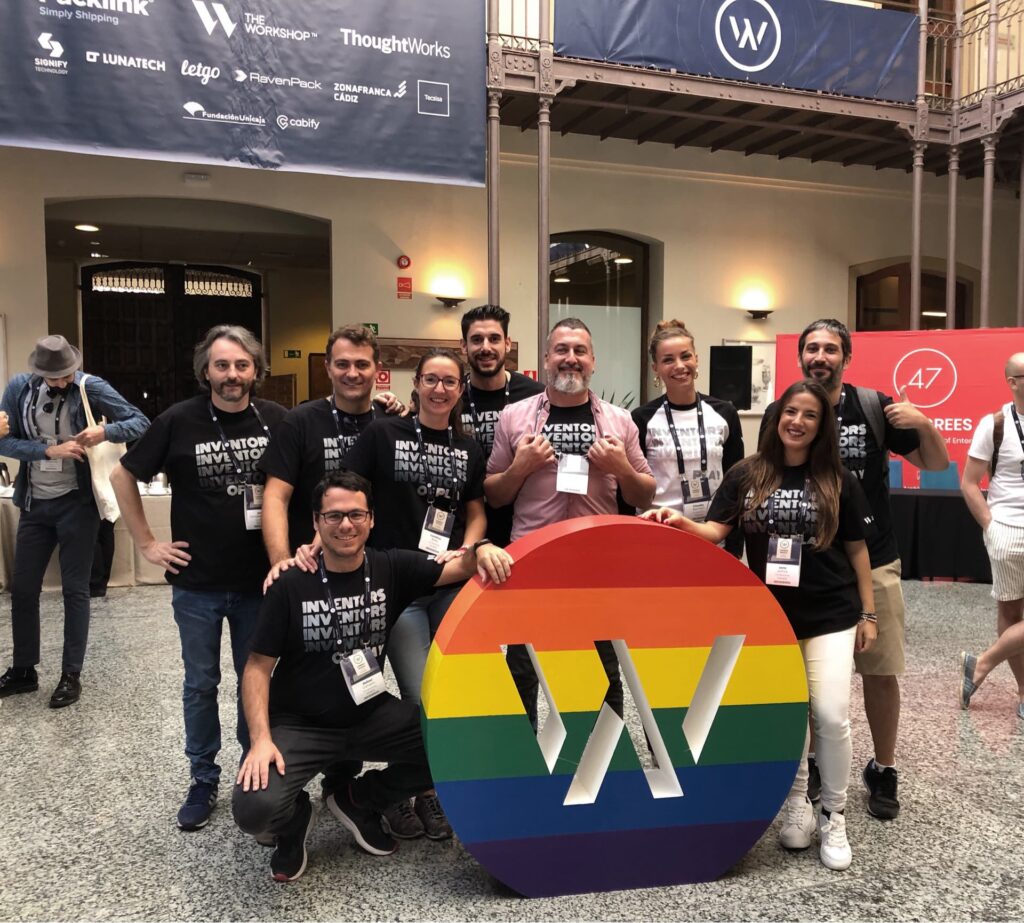Who we are
The Workshop’s Quality Assurance (QA) team is a group of 20+ people dedicated to maintaining the quality of products created by our company. Our goal is to coach teams and empower them to deliver consistently high-quality software.
Since I joined The Workshop in 2017, the role of the QA team has evolved a lot. In the beginning, a single QA was assigned to each team of developers. As well as introducing the QA approach to the team and aligning it with company criteria, the QA was the one testing stories at the end of the development process.
Now, Quality Engineers work across several different teams and work more closely with developers. We guide them on what a high-quality product looks like so that they feel empowered to deliver exceptional code. It does not mean developers do all the testing — we are there for that as well.
Navigating changes
Making the transition to becoming more of a guide or coach for software developers came with its challenges. For me, the biggest challenge was having to change a team’s mindset — the QA would no longer represent the last step of testing tickets.
Time management was also a challenge. Having to work with more than one team at once meant we had to delegate (and supervise) easier tasks to other team members. We had to prioritise tasks carefully and prepare quality training so that teams could be more autonomous.
Our day-to-day
To explain what a day of work looks like for us, I’ll describe the phases of development for one user story. We follow the Software Development Live Cycle (SDLC), where quality is an important part of each phase. Most of our teams work in an agile way using Scrum or Kanban. In the refinements meeting at the start of a project, we are there to address possible testing troubles. We encourage the team to think about edge cases and whether they may require some additional development.
Before the actual development starts, we need to have a test plan meeting with the developers. The aim of the meeting is to agree on the testing approach and to make sure that the approach for that story is clear to everyone. We always try to think in terms of end user scenarios, so that it is understandable for everybody. Please have a read of this blog post by my colleague Jose and I for more information on this.
As you can imagine, we do not only work on test plans. Besides the manual testing, we develop, maintain and add automated tests. Currently, we use Selenium and Cypress. We also investigate new tools that may help with the process of quality, such as Mutants for unit tests.
We also make sure all processes are smooth and help the team find areas to improve. The retrospective is my favourite session in a sprint, as the team can relax, talk about how things worked and discuss possible improvements for next time, or how they can prevent problems from happening again. This ensures we are always learning and continually raising the bar in terms of quality at The Workshop, making our products the very best they can be.
Thank you for reading!



